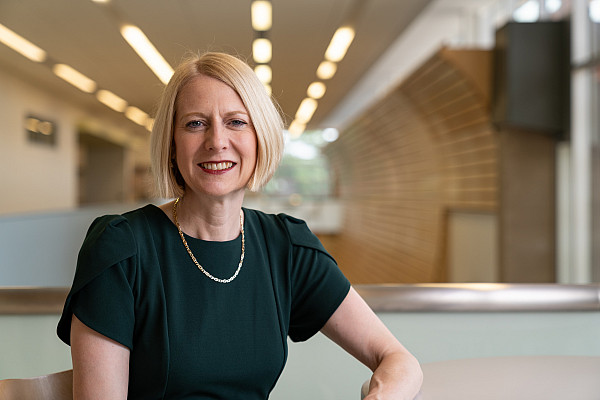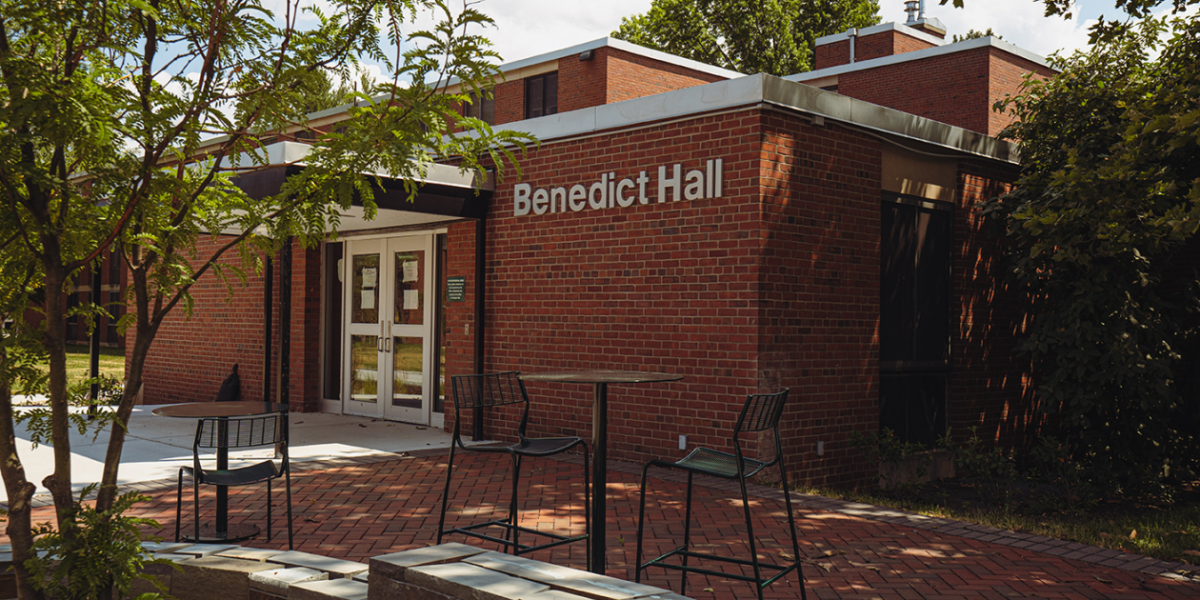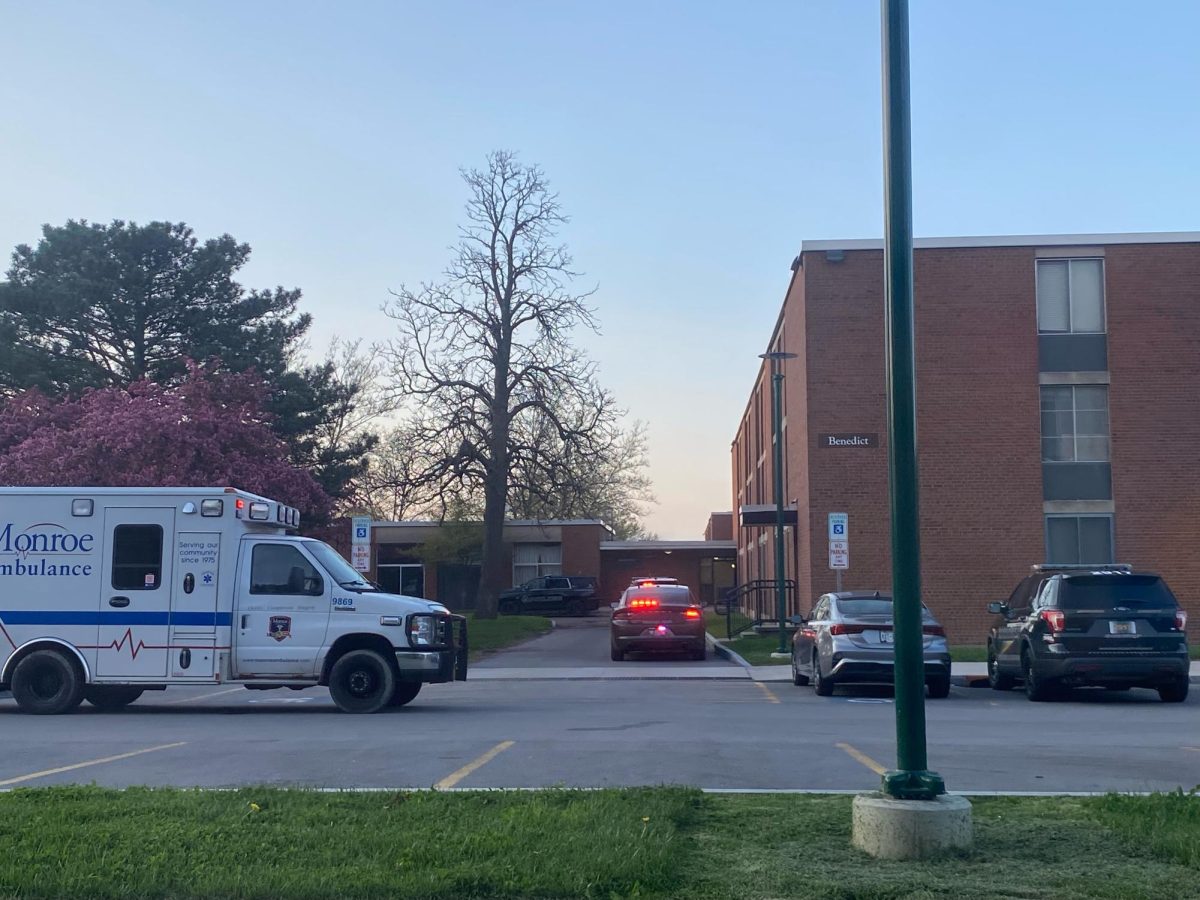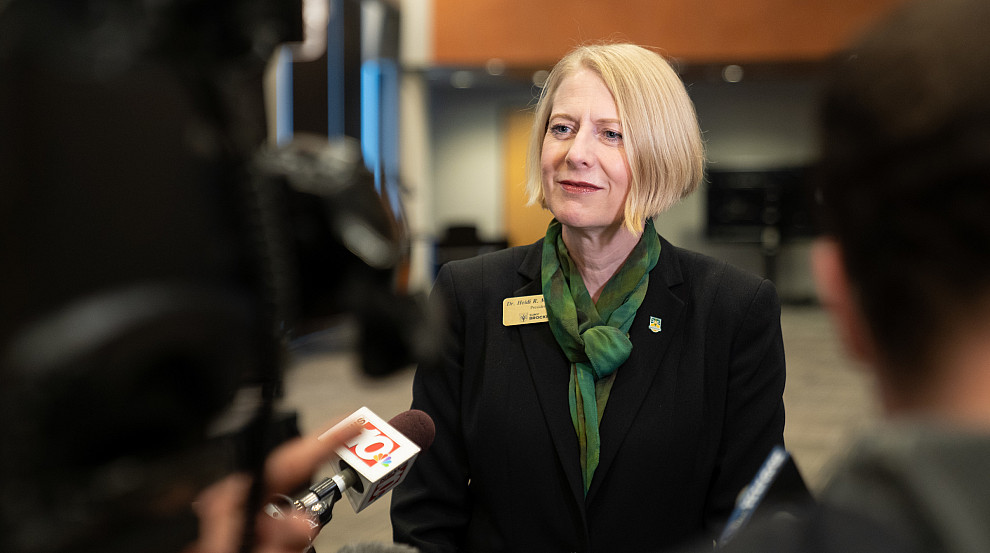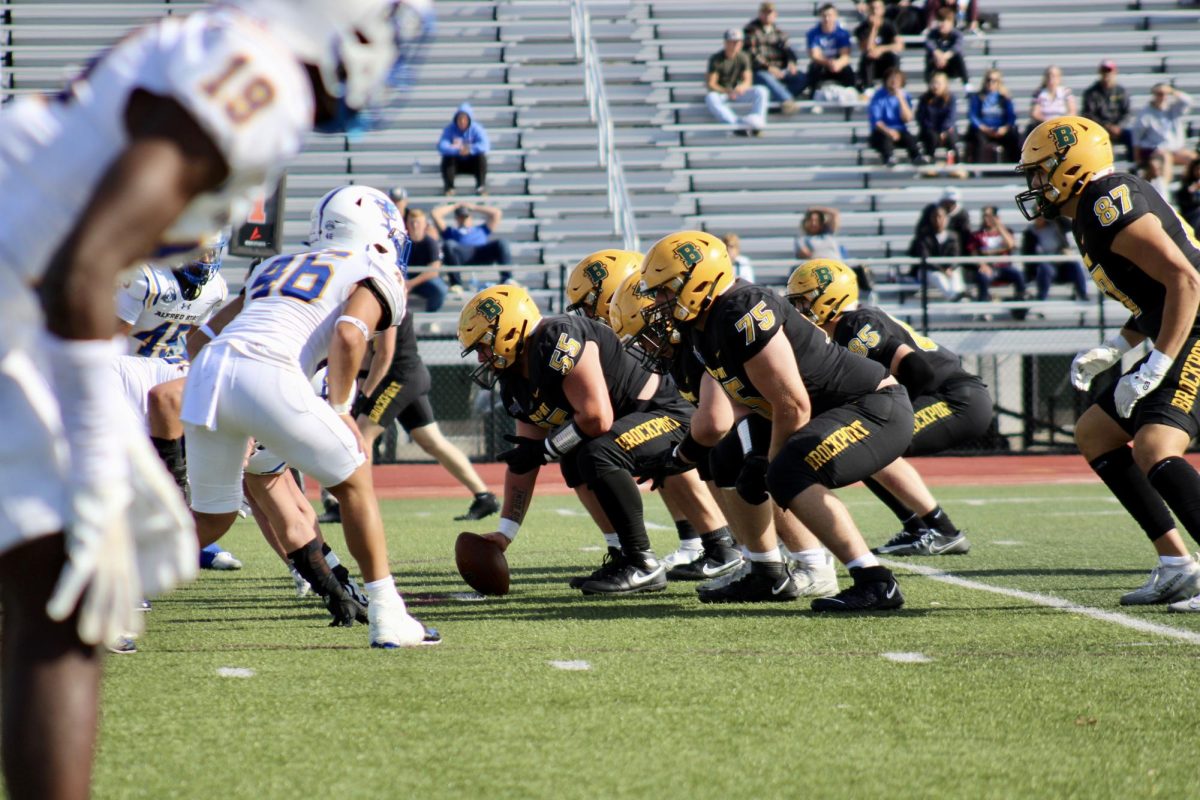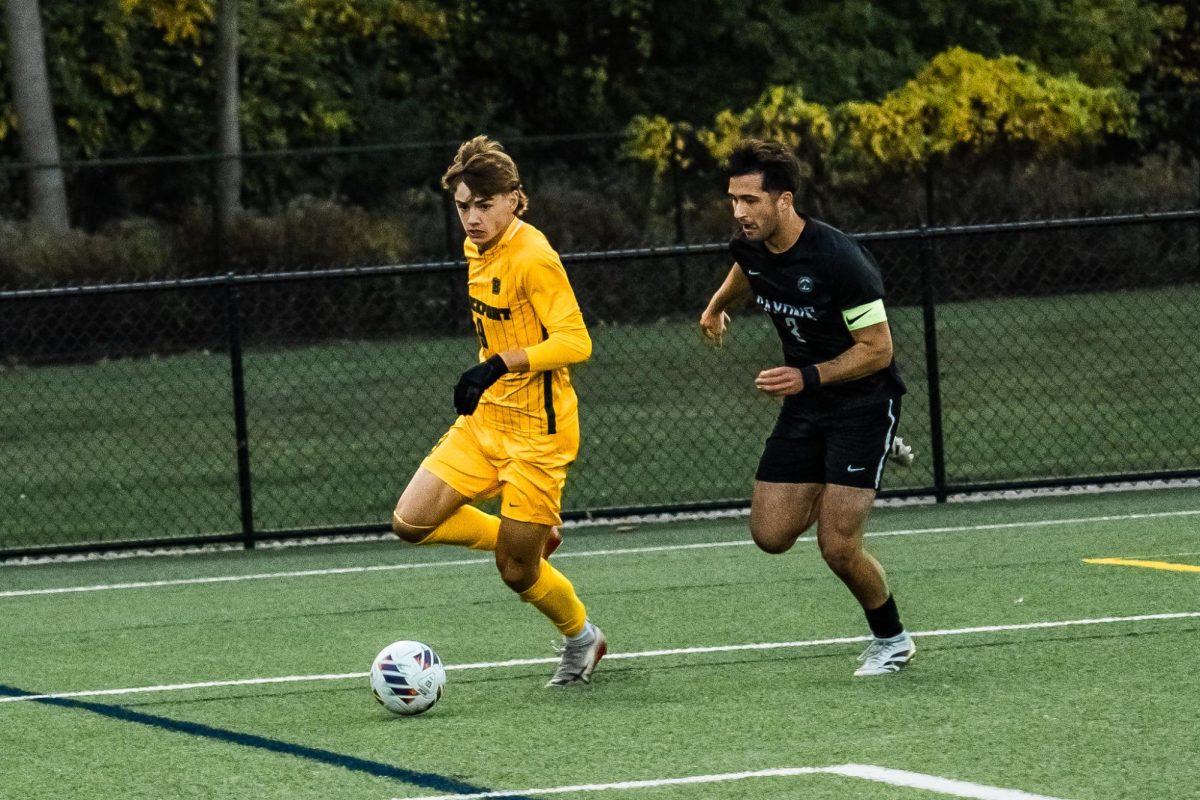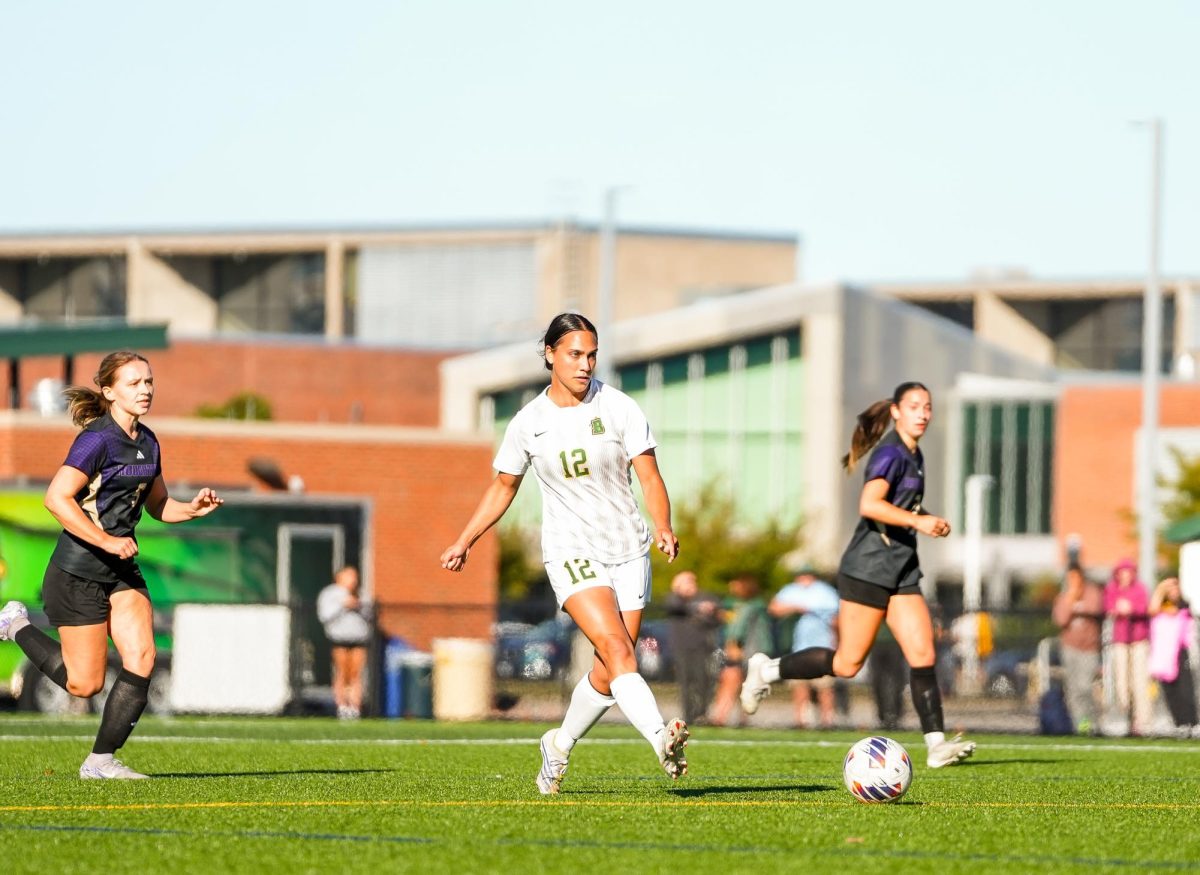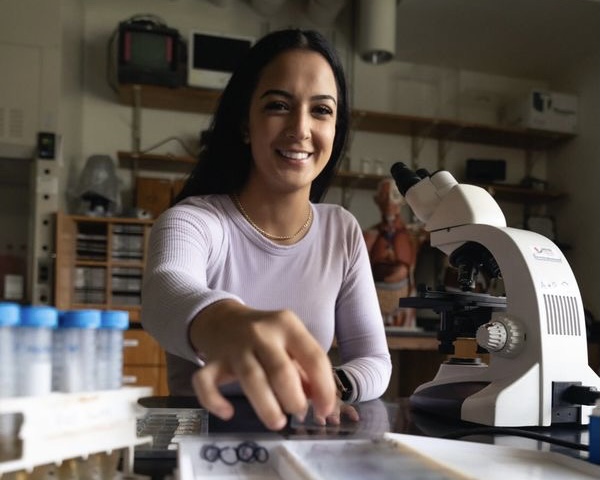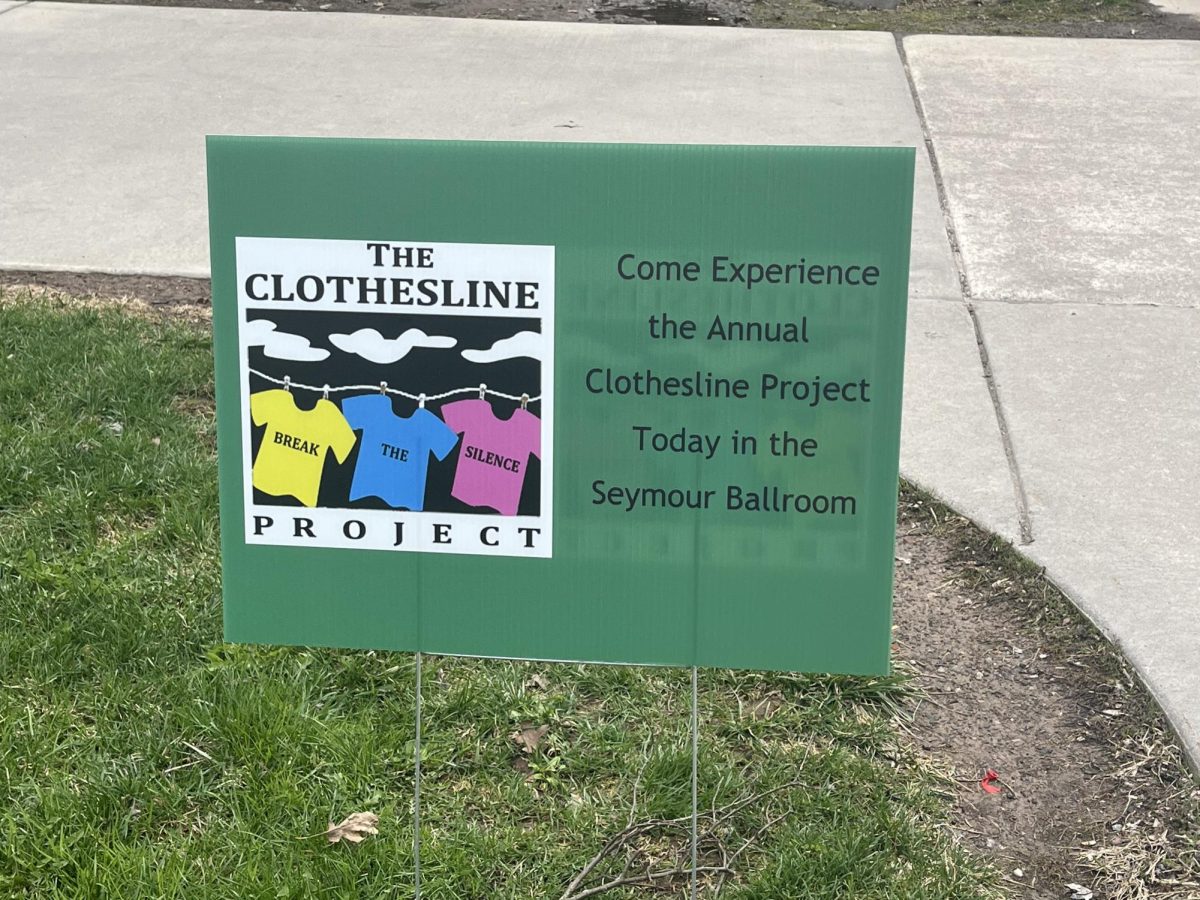SUNY Brockport senior Sevinch Fayzullayeva, is working on her bachelor’s in Biology and Neuroscience, and it wasn’t until her professor reached out to her about a research opportunity that she realized the kind of work she could be involved in. In the fall of her junior year, Fayzullayeva joined biology professor Michel Pelletier in his research for a cure to African Sleeping Sickness.
“African sleeping sickness is caused by protozoa (which essentially is like bacteria). It will infect a fly, and that fly will infect the human through their bloodstream. Then over time, it progresses. There are fevers, headaches, etc. It’s called African sleeping sickness because it’ll cause people to go into a death coma,” Fayzullayeva said.
Fayzullayeva took a great interest in her research with Dr. Pelletier during her junior year and continued to work with him through the eight-week summer research program provided by SUNY Brockport. It was during those eight weeks that Dr. Pelletier and his group of student researchers made more progress because of what was already accomplished during the semester.
“We are trying to mutate certain proteins to see whether that mutation is going to influence the way that they work,” Fayzullayeva said. “Our research specifically can help bring us a step closer in understanding how the smaller structures such as amino acids work to change certain activity levels of enzymes. We can figure what changes as we mutant different parts of the TbLpn protein.”
Their research is not to find a direct cure, but to instead create a base for future vaccines to be created.
As of now, there is no direct cure for African Sleeping Sickness, and there are around 1,500 different variants of this disease. Finding one specific cure for all these variants is extremely difficult, as the disease is slowly becoming more resistant toward any modern-day medicine. African Sleeping Sickness is prominent in third world countries where there is little to no adequate health care.
This semester, Fayzullayeva is taking a break from research because of some of the other activities she is involved in, such as taking on leadership roles with the freshmen of SUNY Brockport. There are other students, both undergraduate and graduate, still working on Dr. Pelletier’s research. Dr. Pelletier is not the only professor with current research work on campus. Students who wish to be involved, thesis or no thesis, can be part of these different research programs that the college hosts.
“Having someone to speak about [these research programs] will put a light onto it. I feel like a lot of students don’t know that there is even research on campus. I think it’s important that research like this is worked on because it gives students an idea of how it feels to work in a lab,” Fayzullayeva said.
When working with the incoming freshmen through the peer mentor program and orientation, Fayzullayeva encourages her STEM students to look into the on-campus research programs. For students who are going into careers where research is necessary, exposure to programs such as these is essential.


